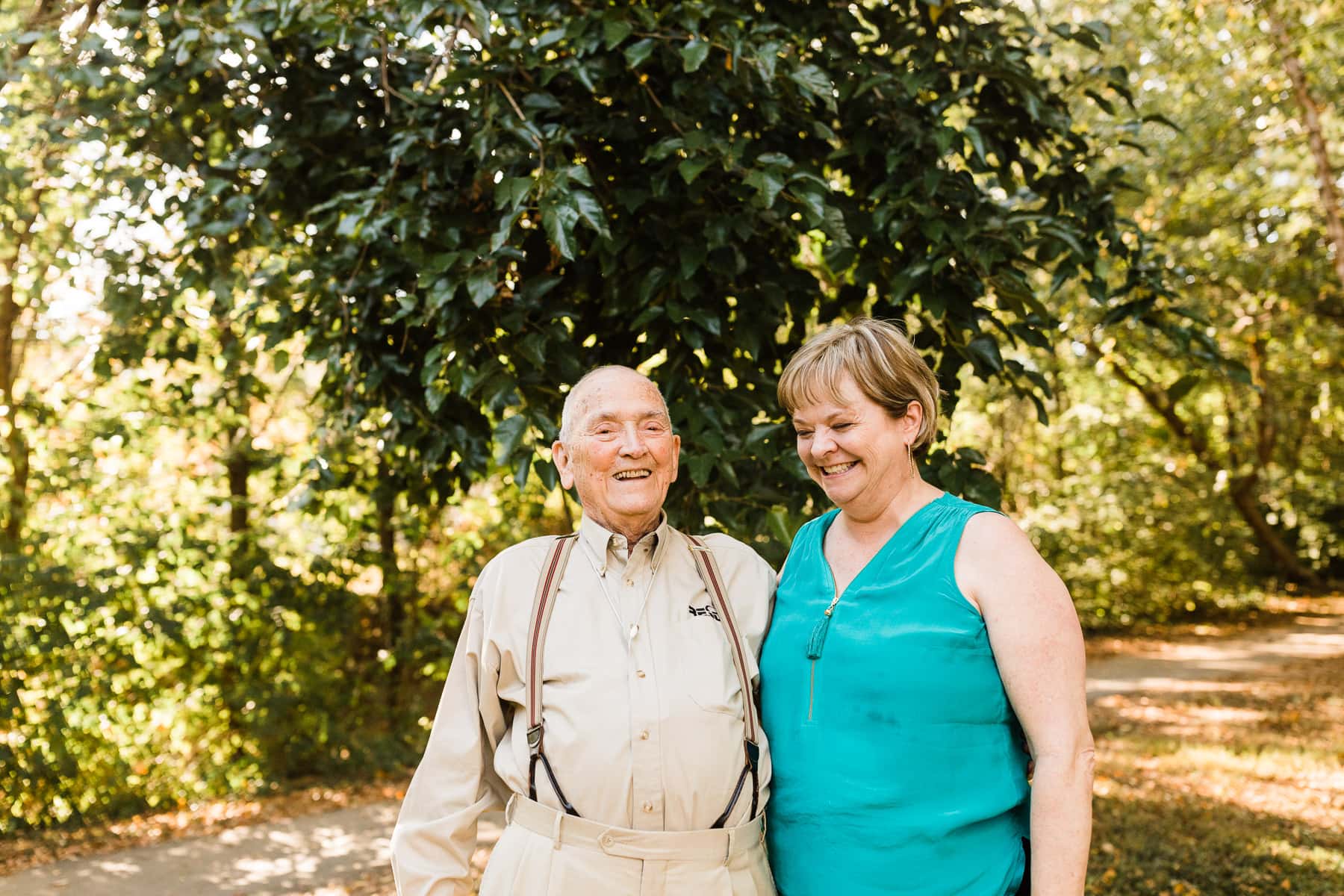Mild forgetfulness can happen naturally as we age.
But increasing forgetfulness that disrupts daily life may be an early warning sign of Alzheimer’s disease.
If you notice your senior loved one experiencing memory loss, confusion, or behavior changes, you have many support options. This includes quality memory care in a community setting.
By recognizing the early warning signs of Alzheimer’s, you can find your loved one the level of care they need to preserve quality of life for as long as possible.
What are the Early Warning Signs of Alzheimer’s?
Alzheimer’s disease is progressive, meaning it generally begins with milder symptoms and gradually worsens over time.
Often, family members will begin to notice changes in their senior loved ones during the holiday season.
This may come from a family member who doesn’t see the loved one often and has noticed a big change. Or from close family members who are observing increasing confusion and forgetfulness during the many holiday events.
Watch for these early signs of dementia:
- Forgetting recently learned information, or important dates and events
- Trouble concentrating or working with numbers
- Difficulty with familiar daily tasks, such as driving to a familiar location or shopping for groceries
- Losing track of dates, seasons, and time
- Vision problems, leading to difficulty with balance or reading
- Difficulty following conversations
- Losing items in unusual places
- Poor judgement or decision-making skills
- Withdrawing from friends or family
- Changes in mood and personality, and experiencing anxiety, fear, or depression
These symptoms may be mild initially, and gradually make life too difficult for your loved one on their own.
Experts generally categorize the stages of Alzheimer’s as early, middle, and late. The rate that the disease progresses varies from person to person, and early intervention may help preserve their comfort and quality of life.
In the middle and late stages of the disease, the early symptoms continue to worsen until eventually your loved one may require around-the-clock care and assistance.
There’s no cure for Alzheimer’s, but many alternative treatments such as brain-healthy eating habits, regular physical and mental exercise, and vitamins and supplements may help boost and support the brain.
How to Tell When Your Loved One Needs Extra Support
As your loved one’s forgetfulness and level of required assistance advance, how do you know when it’s time to intervene?
With Alzheimer’s disease, early intervention is key to enhancing and preserving quality of life. As soon as you begin to notice abnormal forgetfulness and behavior changes, take your loved one to their doctor.
The doctor will perform a number of tests to determine a diagnosis. After the diagnosis, you can begin to craft a care plan that will keep your loved one happy and safe.
While at-home care can be a viable option at first, you may find that a memory care community can provide more.
These are just some of the ways a memory care community goes above and beyond for the safety and comfort of your loved one:
- On-site medical professionals and assistance
- Around-the-clock care and monitoring
- Acuity care, to rapidly evaluate and adapt to your loved one’s changing needs
- Life enrichment activities to provide socialization and boost mental health
- Professional dining services with special diet accommodation
- On-site rehabilitation and wellness services
The best part about a memory care community is that it allows for quality, uninterrupted family time.
Providing care for your loved one is a wonderful gift, but when they are in the care of professionals, you can rest assured they are safe and all their needs are met while you simply enjoy their presence.
Not all assisted living communities offer acuity care, meaning that as your loved one’s condition progresses, staff may not be able to meet the level of medical care your loved one requires.
The Kensington Reston is able to offer a full spectrum of clinical support, because we understand the importance of creating a safe space where your loved one can live comfortably — regardless of how their needs change over time.
How to Find the Right Memory Care Community
As early warning signs of Alzheimer’s progress, communication can become more difficult, and your loved one can become more susceptible to infections such as pneumonia.
A memory care team understands deeply the types of care and comforts your loved one needs.
At The Kensington Reston, your loved one will have their own care manager to constantly evaluate their ever-changing needs.
In our community, you will find a home.
Our Promise is to love and care for your family as we do our own, which is exemplified not only throughout our assisted living community, but our carefully designed memory care “neighborhoods.”
Memory Care Designed to Fit Your Loved One’s Unique Needs
The Kensington Reston has two cozy, secure memory care neighborhoods, Connections and Haven, that are thoughtfully designed to accommodate your loved one’s care needs.
We take into account the needs and preferences of our residents, as well as their entire family. The ultimate goal is to help you and your loved one treasure the beautiful moments ahead.Call our team today to tell us about your loved one’s unique preferences, and to hear about all the ways we can thoughtfully accommodate them.



